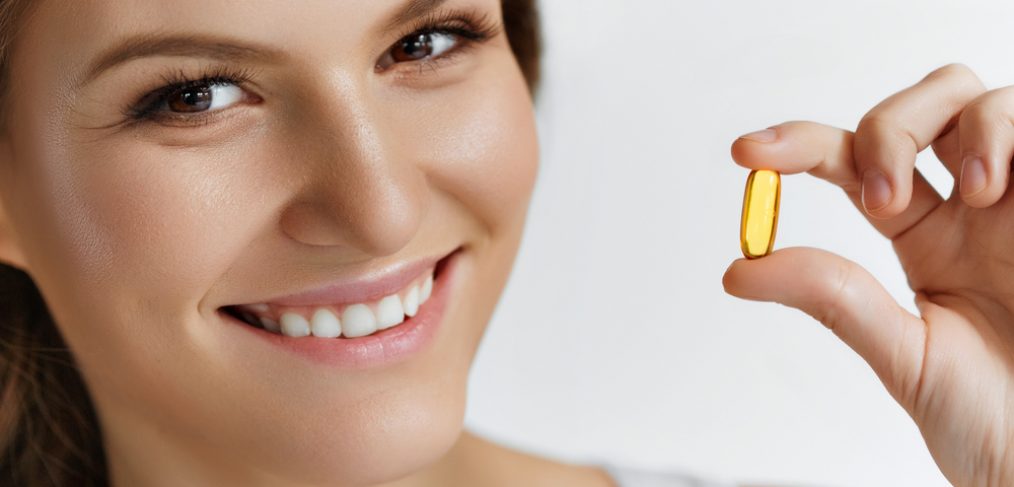Cancer cells can seem downright evil. While normal cells act to benefit their host, cancer cells have their own devious plan and that plan is to stay alive and keep dividing. And when cancer cells divide, they mutate and tumors result. Normal cells are designed to commit suicide when they are damaged, but not cancer cells. Cancer cells continue to thrive and, multiply and produce. So what can a body do to fight these demonic cells? It must use every weapon at its disposal. One of the most powerful of these is Vitamin D.
What is Vitamin D?
Vitamin D helps the body to use phosphorous to make teeth and bones strong. While certain foods can be sources of Vitamin D, it is more commonly made when skin is exposed to sunshine. If you are looking for vitamin D from food sources, foods such as fish liver oil, eggs , and fatty fish, naturally contain the vitamin, while others, such as cereal, juices and milk, are fortified with vitamin D. It can also be obtained through supplements.
The Vitamin D Cancer Connection
Researchers are studying connections between vitamin D and lowered cancer risk based on early research that showed cancer rates to be lower among people living in the south, where levels of sunlight is high, as opposed to those living in northern areas. Because UV light from the sun is responsible for production of vitamin D, researchers speculated that the difference in vitamin D levels might account for the findings. According to a 2007 study, women experienced a 77 percent reduction in all cancers after being given enough Vitamin D to raise their serum levels to 40 mg/ml.
Breast Cancer and Vitamin D
Breast cancer has sometimes been referred to as “vitamin D deficiency syndrome.’ Dr. Cedric F. Garland of the University of California’s San Diego Moores cancer center is responsible for making the connection between cancer and vitamin D deficiency. If you don’t have enough vitamin D, the structure that makes up you epithelial cells comes apart and the cells begin to circulate and multiply. If this process becomes problematic, cancer can result. If breast cancer is in progress, vitamin D can slow cancer growth and allow your immune system to deal with them in smaller numbers.
Getting Your D
The best way to get vitamin D is through sun exposure. You should expose 40% of your body to the sun for about 20 minutes between 10 am and 2 pm, when the sun is stronger. If you are taking oral supplements, studies suggest adults get 8,000 IUs per day. However, keep in mind that oral vitamin D should be accompanied by vitamin K2 to prevent hardening of the arteries.
Let’s all try and up our defenses against cancer and get all the Vitamin D we can! Just say “no” to cancer and let us know your favorite ways of getting your Vitamin D!




